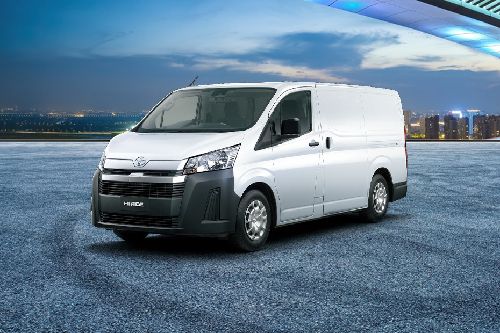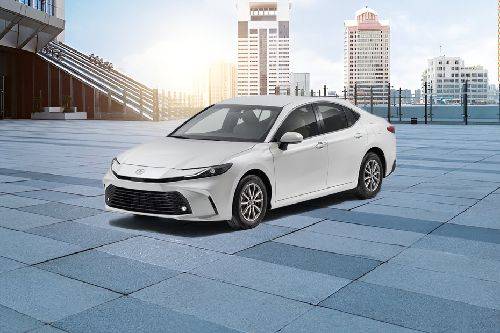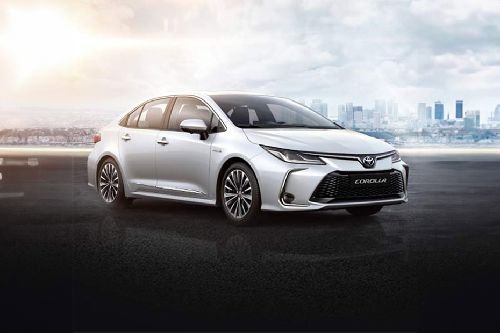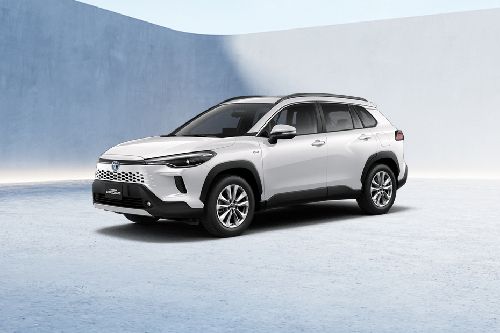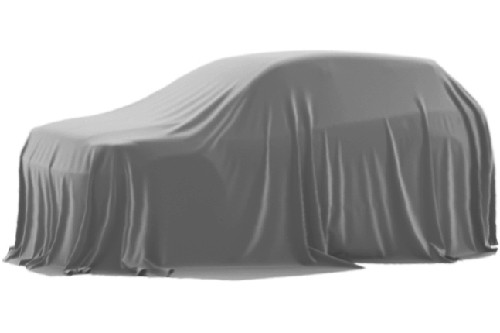Saudi Arabia's KAUST Partners with Toyota to Revolutionize Fuel Cell Technology

SAUDI ARABIA : In a pioneering move towards sustainable energy, King Abdullah University of Science and Technology (KAUST) has entered into a strategic partnership with Abdul Latif Jameel Motors and Toyota Motor Corporation.
KEY TAKEAWAYS
What are the key aspects that the research partnership will focus on?
The research will focus on evaluating temperature sensitivity, understanding the impact of humidity on performance, and enhancing overall energy efficiency.What is Saudi Arabia's vision for hydrogen production?
Saudi Arabia aims to produce around 2.9 million tons of hydrogen by 2030 and become a key player in producing both green and blue hydrogen.- The partnership will enhance hydrogen research on fuel cells to support Saudi Arabia’s strategies to reduce its carbon footprint and its vision for net-zero emissions.
- KAUST has established an advanced laboratory focused on Proton Electrolyte Membrane (PEM) fuel cell research under its Clean Energy and Research Platform (CERP).
The new partnership falls in line with Saudi Arabia’s commitment to reduce carbon emissions and achieve net-zero greenhouse gas (GHG) emissions by 2060. This partnership is likely to fuel further advancements in hydrogen fuel cell technologies.
Transforming Energy Research with Hydrogen Fuel Cells
KAUST, as a part of this collaboration, will use advanced resources to enhance the efficiency and performance of PEM fuel cells. Professor Mani Sarathy, who is heading the research, expressed his excitement about the potential of this partnership. If successful, they will be able to adapt hydrogen technology to the specific environmental conditions of Saudi Arabia.
 Critical aspects on which the research focuses include:
Critical aspects on which the research focuses include:
- Evaluating the temperature sensitivity of fuel cells
- Understanding the impact of humidity on performance
- Enhancing overall energy efficiency
The key goal of this research is to integrate hydrogen fuel cells effectively into the automotive infrastructure in Saudi Arabia. Ultimately, it will maximize the environmental benefits.
Saudi Arabia’s Vision for Hydrogen Production
Saudi Arabia is well-equipped to capitalize on its abundant renewable energy resources. This positions the Middle Eastern country as a key player in producing both green and blue hydrogen. By 2030, the country aims to produce around 2.9 million tons of hydrogen. With this, Saudi Arabia makes significant strides to reduce production costs for both domestic and international markets.
Commitment to Cleaner Mobility Solutions
Mazin Ghazi Jameel, Managing Director of Toyota Marketing Operations at Abdul Latif Jameel Motors, explained the significance of fuel cell technology in driving sustainable mobility solutions.
Besides, the Chief Representative of the Toyota Liaison Office for Mobility & Energy in Saudi Arabia, Nobuyuki Takemura, demonstrated the long-standing commitment of Toyota to eco-friendly solutions in the automotive industry. Toyota has been streamlining sustainable transportation for more than 20 years. With the brand supporting the research initiatives of KAUST, Saudi Arabia is likely to benefit significantly in the coming years.
The partnership between KAUST, Abdul Latif Jameel Motors, and Toyota marks a crucial step towards the future of sustainable energy in Saudi Arabia. If the researchers succeed in harnessing the potential of hydrogen fuel cells, they can meet the ambitious decarbonization goals of the country.
Toyota Car Models
Automotive News and Reviews
- Latest
- Popular
You might also be interested in
- News
- Featured Stories
Featured Car
- Latest
- Upcoming
- Popular

